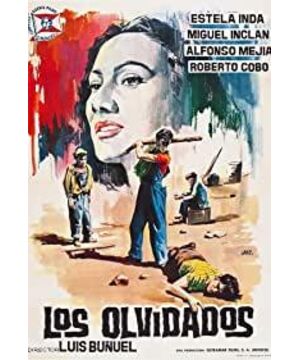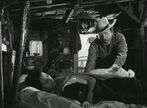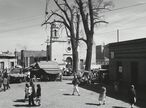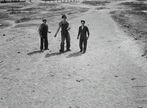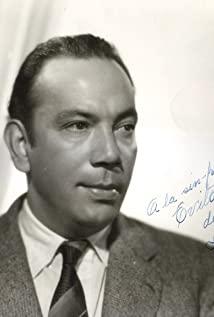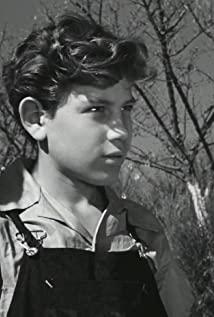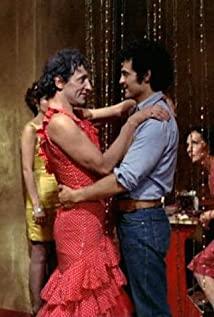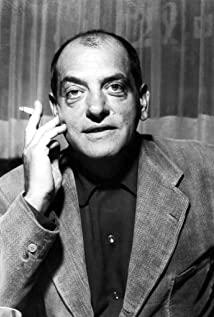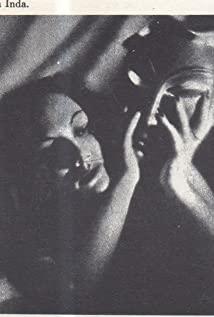Los Olvidados is Luis Buñuel's account of the never-ending cycle of poverty and despair in the slums of Mexico City, focusing on a group of destitute children and their misfortunes. Although Buñuel's work is considered to have a strong positive relationship with Surrealism and a critical attitude towards atheism and religion, Los Olvidados can be seen as a social realist tradition, a reference to Mexico's A more realistic and serious depiction of society. In this film, Buñuel is influenced by Andre Breton, weakens the proportion of surreal expressions such as dreams and instincts, and expresses his sense of responsibility as a member of society in a documentary film. In fact, Los Olvidados is the only film in which Buñuel expresses the less complex side of his filmmaking to reveal the true deromantic tragedy beneath. It has an opening montage that sets the heavy tone of the whole story. "Behind every beautiful city there are poor children".
Still, Los Olvidados contains elements of surrealism that characterize much of Buñuel's work; shots and plots such as Pedro's dream scene in slow motion. Surrealist film is a modernist film theory and criticism method. The movement used shocking, irrational or absurd imagery and Freud's dream symbolism to challenge the traditional function of art to represent reality. Buñuel's personal style is the most powerful form of storytelling. The dreamscapes he sets, the animals and beasts he embodies, and his repeated emphasis on "symbols" allow viewers to explore meanings beyond the film.
In Los Olvidados, Buñuel curates many of the hallmarks of surrealism in his shots. For example, when the old blind man was pushed to the ground by a street gang, a hen stood across his face as he desperately raised his head. Another surreal scene occurs when Pedro is taken to the cowshed for the night, and Jabo fails to milk the cow before going to bed; it turns out that "Little Eye" is lying under another cow, sucking against the cow's udder. Milk.
"Chicken" is the most frequently used surrealist symbol in this film. Buñuel gave it three meanings. The first and most fundamental implication is the predicament of human beings bound by social norms. "Chicken" It is a bird that cannot fly very high and cannot fly freely in the sky, like the children depicted in the film. Secondly, the flock is a family under the mother's love. When Pedro, frightened after being involved in a murder, goes home to find his mother, the "chicken" here takes on a secondary meaning, it is a symbol of Pedro's mother, while the flock and the eggs refer to acceptance Motherly family and children. Contrary to Pedro's expectations, his mother was unable and unwilling to provide him with maternal love. "Chicken" also symbolizes the animal nature of human beings. The chicken here is a pheasant that breaks into Pedro's house. This third layer of meaning is shown in the film as Jaibo enters Pedro's life and family. He is Pedro's deadly intruder and saboteur, driven by instinct and desire to drive the fate of both of them down a wild path.
The most overtly surreal plot is Pedro's dream. The poor child who couldn't win the mother's love dreamed of Jepo's bloody corpse hidden under the bed, and then, amid the roar of the chickens, the mother got up from the bed like an angel and slowly floated to him and hugged him. In the dream, Pedro asked his mother why he was not given meat that day. His mother turned around and handed him a chunk of raw, bloody meat in the thunderstorm. At this time, the carrier who was hiding under the bed suddenly reached out to grab the meat, which frightened Pedro. The intentions and desires Pedro's dream claim here is not just to satisfy hunger, nor to seek maternal love, but to satisfy all the desires contained in the ego and superego.
Overall, Luis Buñuel approached The Waste Land logically, chronologically, and in a way. However, his use of surreal expressions and symbols does help viewers to delve into the context and social context of the film to make and explore deep thinking.
View more about Los Olvidados reviews


